Drug abuse affects millions of individuals and families across the country. While some warning signs are clear, others can be subtle and easily overlooked, especially in the early stages. Whether it’s a loved one, a colleague, or even yourself, recognizing the symptoms of substance abuse and signs someone is abusing drugs can be the first step toward recovery. At Liberty House Outpatient Center, we’re committed to helping people across Michigan understand the signs of addiction and take proactive steps toward healing.
Here are 10 signs someone is abusing drugs:
Sudden Changes in Behavior or Mood
One of the earliest signs of drug abuse is a noticeable shift in mood or personality. Someone who was once cheerful and responsible may become withdrawn, irritable, or unpredictable. Mood swings, aggression, or apathy are often red flags that something deeper is going on. These changes may also appear suddenly, without any clear cause, such as stress or life events. In some cases, individuals may show bursts of energy followed by extreme fatigue, a pattern often associated with drug use. Drug use often presents with mental health conditions, known as co-occurring disorders. These require professional care to help heal the individual as a whole.
Neglecting Responsibilities
If a person starts failing to meet work, school, or family obligations, it could be a sign of drug use interfering with their ability to function. Missed deadlines, skipped classes, and forgotten appointments might signal a growing problem. Over time, this neglect can impact their relationships, career, or academic performance, creating a cycle of guilt and stress that further fuels substance use.
Changes in Appearance or Hygiene
Many individuals struggling with drug abuse stop caring about their personal hygiene and physical appearance. You might notice they look disheveled, wear the same clothes for days, or show signs of weight loss or gain. Poor skin condition, dilated pupils, and bloodshot eyes are also physical indicators of poor health. In severe cases, drug use can lead to sudden dental issues, sores on the skin, or a general look of poor health.
Isolation or Secretive Behavior
People who are abusing drugs may isolate themselves from friends and family or become overly secretive about their activities. They may lie about where they’re going, hide substances around the house, or get defensive when questioned about their behavior. This withdrawal often stems from feelings of shame or fear of being discovered, making early intervention critical.
Unexplained Financial Issues
Addiction is costly. A person may suddenly ask to borrow money, sell personal items, or have trouble paying bills despite having a steady income. Financial problems without a clear explanation can point to substance abuse, especially if other signs are present. It’s not uncommon for individuals to spend beyond their means or even resort to risky behavior to fund their habit.
Changes in Sleep Patterns
Drug use can severely disrupt sleep cycles. Some drugs lead to insomnia or long periods of wakefulness, while others may cause excessive drowsiness. If someone is consistently staying up all night or sleeping through entire days, it may be time to take a closer look. Over time, disrupted sleep can worsen mental health issues and further fuel substance dependence.
Legal or Disciplinary Problems
Getting into legal trouble—such as DUIs, arrests, or being caught with drugs—is an obvious sign that drug abuse may be present. For students or employees, repeated disciplinary actions or warnings can also be warning signs that drugs are impacting their behavior and judgment.
Loss of Interest in Hobbies or Social Activities
When someone loses interest in the things they used to love—sports, hobbies, time with friends—it can signal that drug use has taken over. Withdrawal from normal activities and relationships often means the person is becoming more consumed by substance use.
Physical Health Problems
Frequent nausea, headaches, unexplained bruises, nosebleeds, or tremors can all be signs of drug abuse. Some individuals may also have track marks on their arms or sudden changes in appetite or energy levels. These symptoms should never be ignored, as they may point to more serious underlying health issues caused by prolonged use.
Risky or Reckless Behavior
Someone under the influence of drugs may take risks they normally wouldn’t—like driving while impaired, engaging in unsafe sexual activity, or putting themselves in dangerous situations. This impulsivity can have serious consequences and may indicate an urgent need for help.
Don’t Ignore the Signs Someone is Abusing Drugs—Get Help Today
Recognizing these warning signs is the first step, but taking action is just as important. If you suspect that someone you care about is struggling with drug abuse—or if you see these signs in yourself—help is available. Early intervention can prevent long-term harm and set the stage for recovery. At Liberty House Outpatient Center, we specialize in compassionate, evidence-based addiction treatment in Michigan. Our outpatient programs enable individuals to receive the care they need while continuing their daily responsibilities. We offer personalized care plans, therapy, and recovery support tailored to each person’s unique needs. Contact us today.


